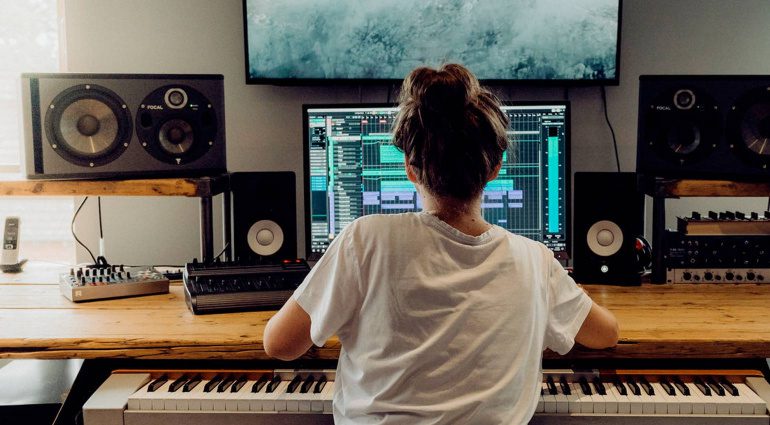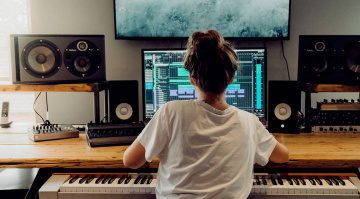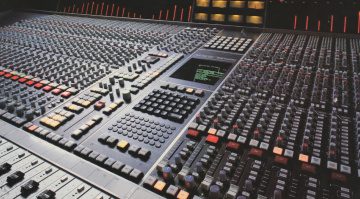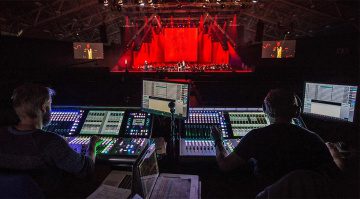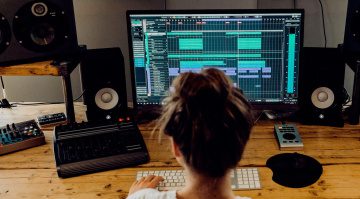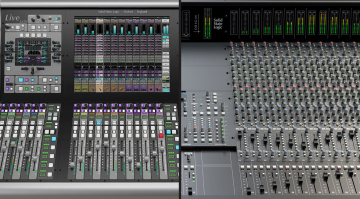What is a Sound Engineer? The Role of the Engineer in Modern Music
The behind-the-scenes heroes of the music industry.
The importance of an audio engineer is easy to overlook. We discuss “What is a Sound Engineer?” within the context of modern music.
In this Article:
Traditionally, the world of recording studios provided a platform for you to work your way from tea-making and the custodial arts to working behind the mixing console and running recording sessions with renowned artists. So many prominent figures in the music industry like Jimmy Iovine, Trent Reznor, and Mark “Flood” Ellis all had humble beginnings in recording studios at one time or another.
What is a Sound Engineer?
Naturally, as technology evolved pro studios have become less important, as the results you can achieve in your home from a creative standpoint are just as formidable. If you’re starting your career in audio, perhaps you can’t expect the same fairytale as some of the legends we’ve just mentioned, but understanding the different functions of an audio engineer is certainly a great place to start.
What is a Sound Engineer? : Recording Engineer
The task performed by a recording engineer might not be the most celebrated of jobs in music production historically. Nevertheless, it is a crucial part of so many iconic records we enjoy today. Working closely with the producer and the artist, a recording engineer must possess knowledge of signal processing, acoustics, recording techniques, and equipment.
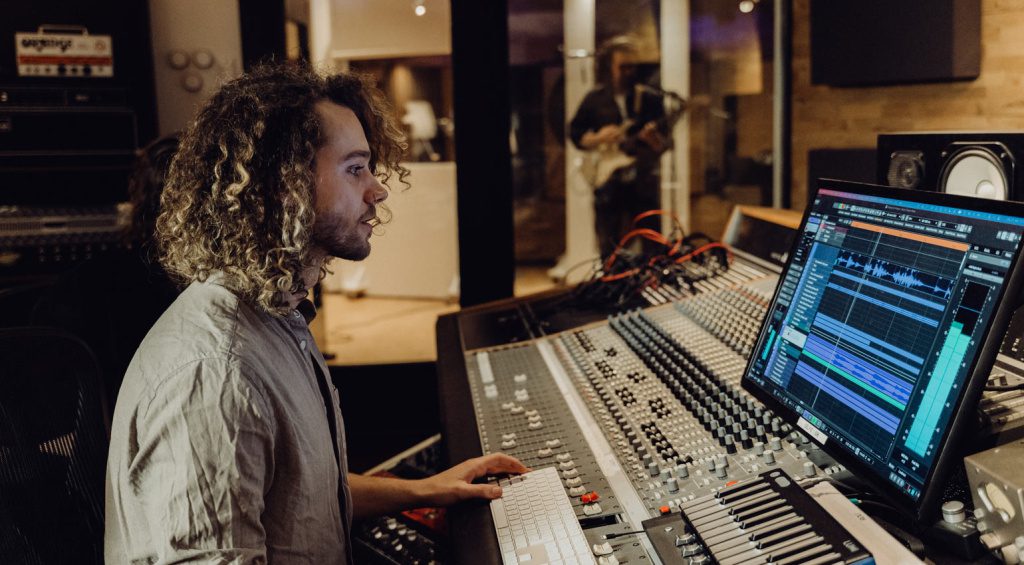
Although it’s simply referred to as tracking, those with any experience will tell you it’s rarely a linear process. In some cases, bands have all their material well rehearsed before stepping into the studio, while for others the studio is a place for collaboration and experimentation. This means the recording engineer is forever on their toes, ready to make adjustments to capture the vision of the artist and producer.
During the tracking stage, the engineer needs to make the process as seamless as possible. This requires a diverse skill set for mic placement, dialing in sounds, and capturing the performances at the best quality possible. As we’ve mentioned, recording engineers might not make magazine covers, but they are responsible for creating timeless sounds that turn good songs into great records.


What is a Sound Engineer? : Mixing Engineer
Once the songs are recorded, it’s time for the album to get mixed. For many reasons including objectivity and the fact that mixing requires a different set of skills, the engineer responsible for mixing is almost never the one who records a song or album. While the tracking engineer may do rough mixes approved by the producer and artist, mixing is done in another studio specialized for the task.
Over the years, the setup required for mixing has gotten increasingly smaller for many professional mixing engineers. Rather than the elaborate studios we associate with engineers like Chris Lord-Alge, with stacks of outboard gear, even legendary mixers like Andrew Scheps use nothing more than a computer and headphones.
A mixing engineer uses compression, EQ, stereo imaging, and a variety of effects to transform the rough mix into a product that’s ready for mastering. In a good mix, all the soul and vibe of the performances are preserved, and the engineer’s magic weaves the rough emotion of each track into a cohesive singular entity.


What is a Sound Engineer? : Mastering Engineer
Firstly, there are a few misconceptions about mastering, so let’s get these out of our way before we get into it. Mastering is often referred to as a dark art which is misleading, as it makes it seem obscurely technical. The truth is that, although it is a precise procedure, mastering is not nearly as elaborate or involved as mixing.
Another assumption made about mastering is that it’s the step in the chain where all the loudness and punch are added. In fact, mastering is the process of optimizing audio for its release format, be it streaming, vinyl, broadcast, or cinema, each has its own set of standards and idiosyncrasies to consider.
When dealing with an electronic dance record, for example, the mastering engineer’s job is to ensure that there is consistent loudness and dynamics from one track to the next on a 12-inch EP and from on release to another on the same label. To do this, they often use specialized DAWs like SADiE and Sequoia, as well as mastering hardware EQs and limiters.

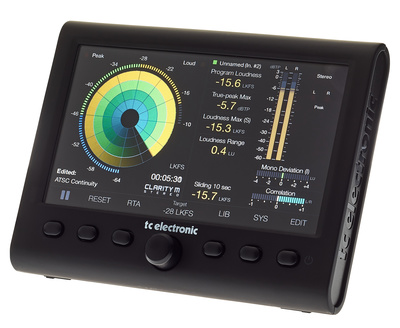
What is a Sound Engineer? : Live Engineer
The job of the live sound engineer is often split into two specific areas, and these are often covered by two different specialists. In live sound environments, especially when you scale up to larger arenas, the division of labour is split into front-of-house and monitoring. How this is approached is completely dependent on the type of act and the level of venues booked for a tour.
A stadium act like Depeche Mode will have a team led by an engineer who understands the level of sound systems being used at the venues used on each of the tour dates. Because monitoring configuration will be similar from one show to another, this will also be managed by the lead engineer and his team on a console with the capabilities to do both FOH and monitor mixing.
Alternatively, a band like LCD Soundsystem does not only appear in one type of venue, as theatres often come in different shapes and sizes. This means that they tour with a specialist monitor engineer to deal with the ever-changing stage configuration. Meanwhile, they may use a different FOH engineer at each venue who has experience mixing acts at that particular venue.


What is a Sound Engineer? : Broadcast Engineer
Although there isn’t always that much direct overlap with music in broadcast audio, it is where many top live engineers do regular work. Because broadcast is a diverse field, there are various areas of expertise including signal routing and processing, mixing, synchronization, and management of a wide range of equipment.
A broadcast system can be installed at a television studio or it could be a mobile rig used for covering various sporting events at the Olympics for example. In either case, broadcast engineers work within a team to coordinate each part of the production in TV, radio, live events coverage, and online streaming.
TV broadcasts are often pre-recorded, so this will involve audio recording and editing with a DAW. Meanwhile, in the realm of podcasts and content creation, a producer will often be responsible for both the audio and video. This means that if you’re planning to make a career in audio, broadcast provides a great foundation with loads of opportunities in different areas.

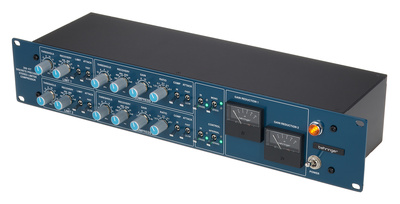
More about What is a Sound Engineer?
*Note: This article contains affiliate links that help us fund our site. Don’t worry: the price for you always stays the same! If you buy something through these links, we will receive a small commission. Thank you for your support!
 3,5 / 5,0 |
3,5 / 5,0 | 